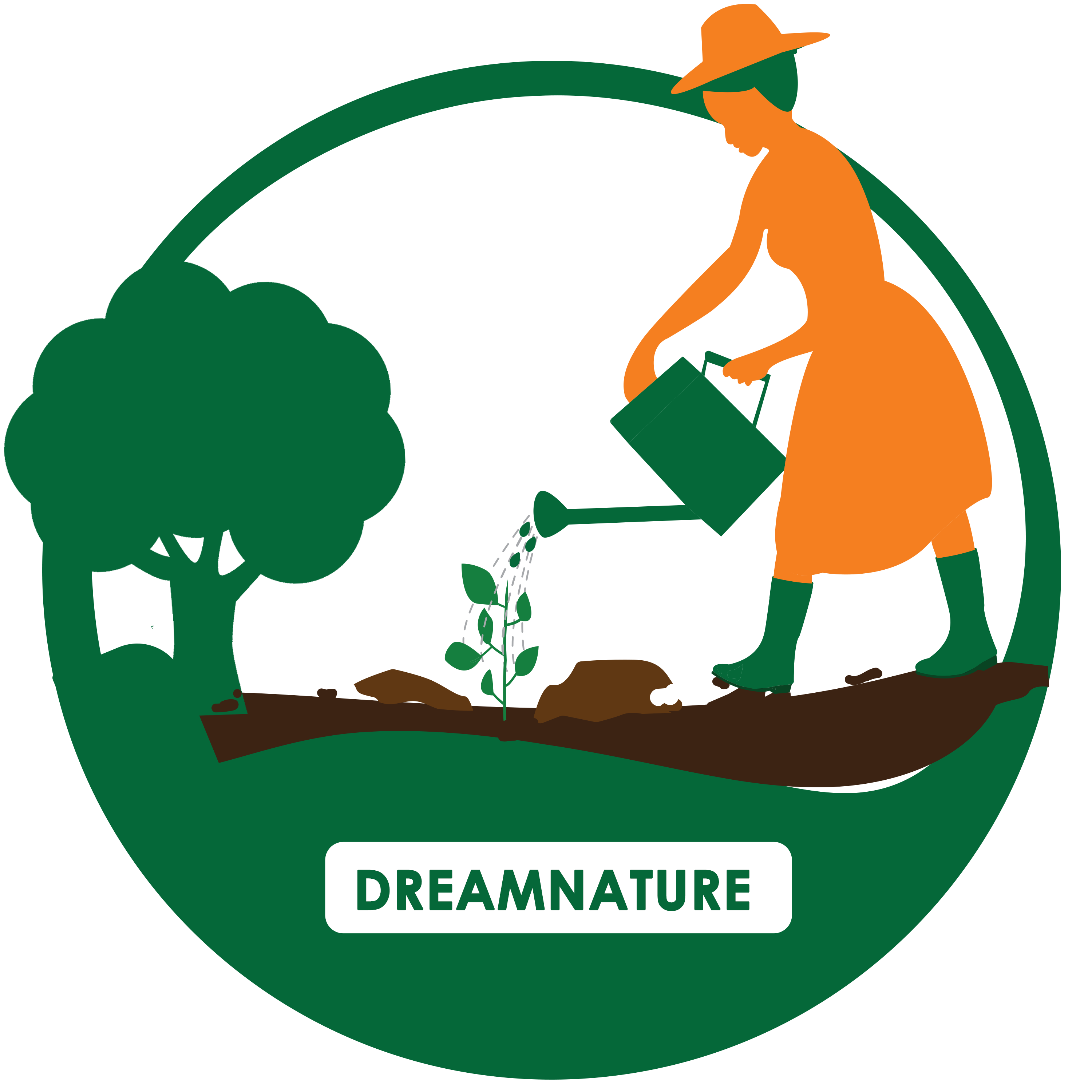Baseline surveys to prepare native tree conservation projects
One of the first successful activities of Dreamnature was the realisation of two baseline surveys in Kibondo and Kakonko districts (Kigoma) in February 2022 and Ulanga district (Morogoro) in March 2025. The aim of the surveys was to gather relevant information for the development and implementation of a native tree conservation project, building on the perspectives of the local communities and ensuring that the project activities are closely aligned with their needs and priorities.
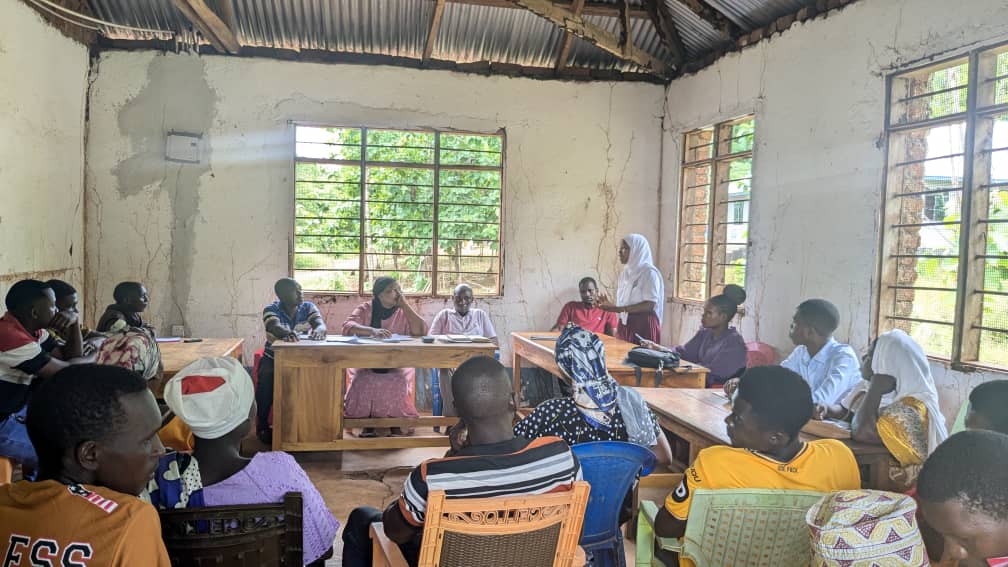
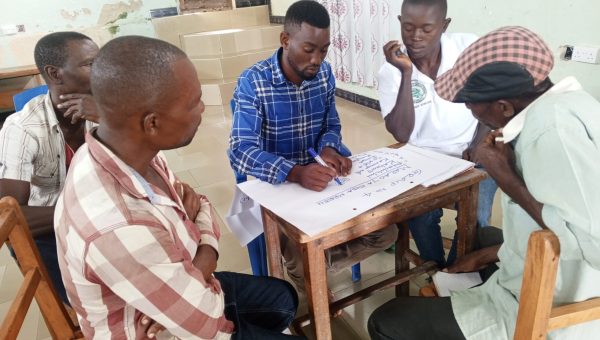
Therefore, the surveys were conducted to assess the present livelihoods of community members, to examine which plant species were currently cultivated and to investigate existing knowledge, awareness and attitudes towards the role of native tree species for both people and nature. Among others, community members were asked about their main income generating activities and opportunities, by which internal and external factors these were influenced and how daily tasks were distributed among household members. Furthermore, people were asked how they perceive the importance of native tree species, if they were already active in planting native trees, which types of crops they were growing on their farms and which main challenges they were currently facing.
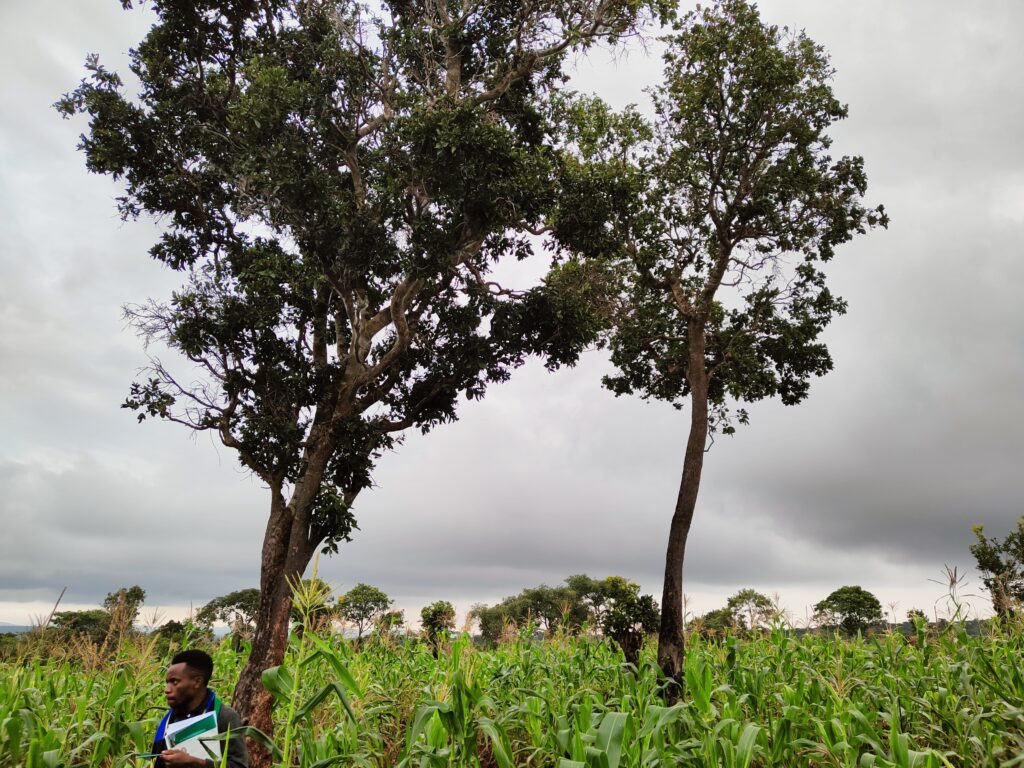
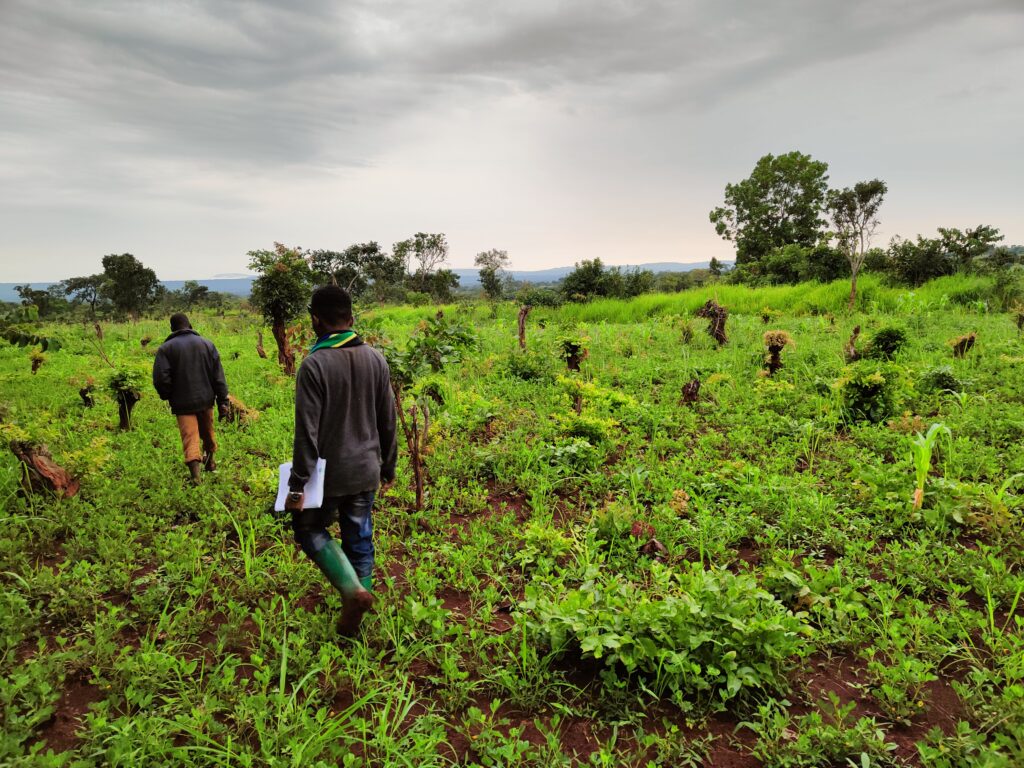
Local insights that guide our activities
The results of the two surveys showed that for most of the respondents, small-scale farming was the main source of livelihood, with annual crops like maize and rice being the most grown plants. However, harvests were not sufficient to meet their needs and yields were further declining due to deteriorating soil fertility. As a result, many people were suffering from poverty. Furthermore, a common practice among the communities was slash-and-burn agriculture, a farming method where native trees and plants are cut down and burned to create a nutrient-rich ash. While this creates a fertile soil to cultivate crops over the short term, it also drives deforestation and degradation of native forests. Despite being aware of the importance and benefits of native tree species for wildlife and people, only a small share of community members was engaged in planting these trees. The main reasons for this were missing knowledge on the propagation of the trees and the use of their products, as well as the long-time frame between the planting of a tree and its first harvest.
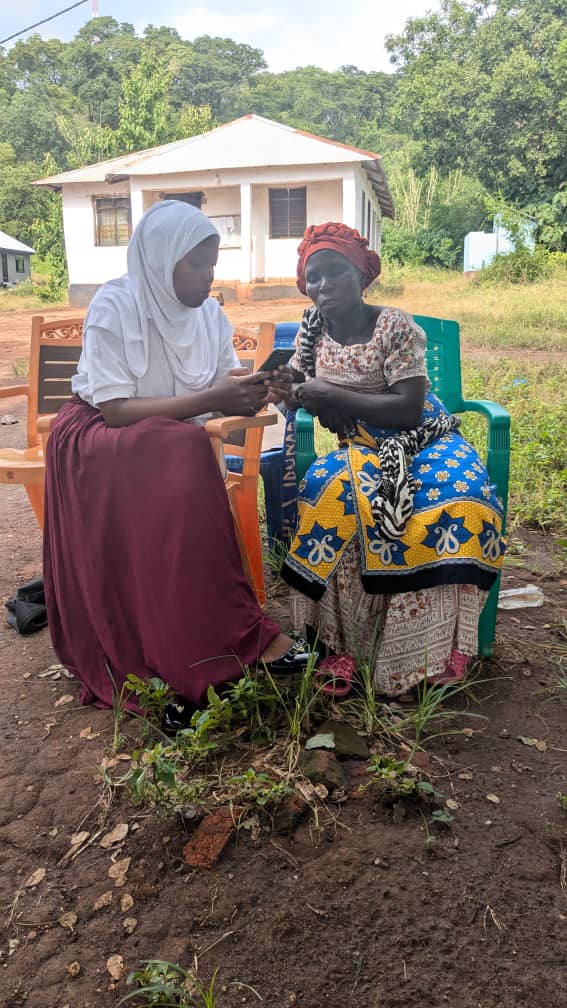
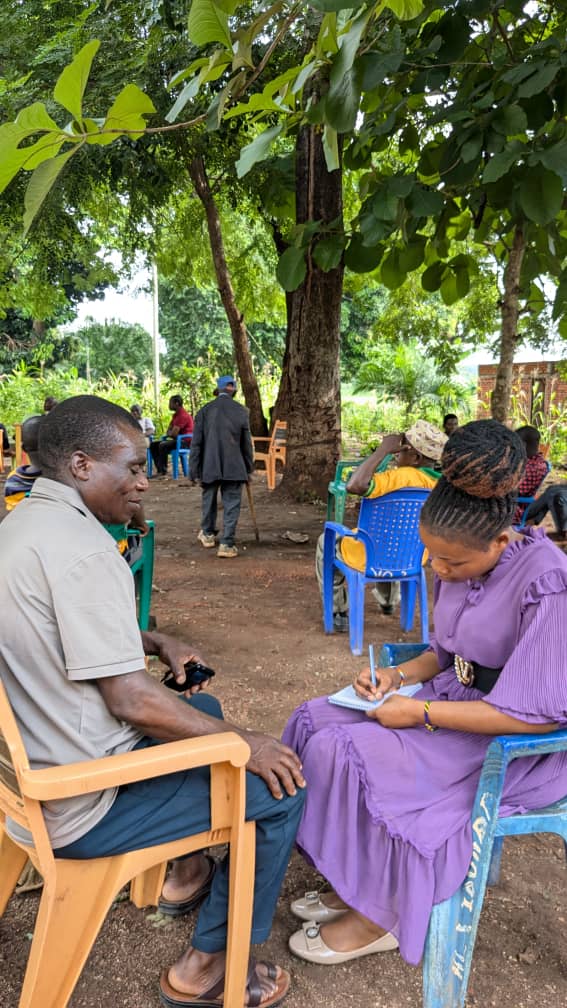
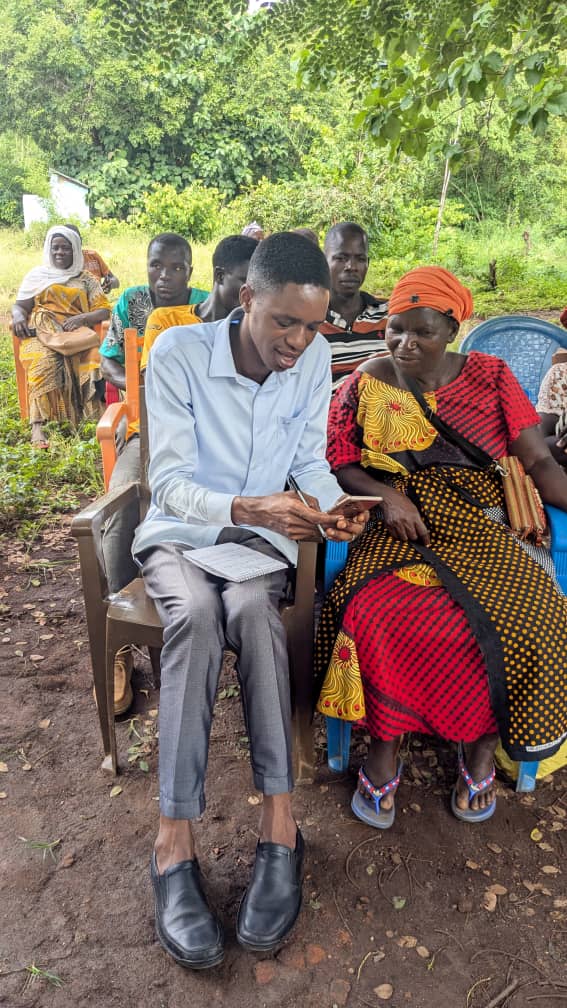
Rural development students from SUA university engaging as surveyors for Dreamnature to collect infromation from farmers in Ulanga district
Agroforestry systems to combine social, economic and ecological benefits
The findings of the surveys do not only show the different problems faced by the local communities, but they also underline that these challenges are interconnected and should be tackled together. Based on this, we developed the project ‘A Food Forest for Us’ which promotes the integration of native trees in farms by empowering local communities to create syntropic agroforestry systems. These systems provide multiple benefits that directly address the challenges observed in the baseline studies: They improve soil quality and increase the yields of the individual plants in the system, thereby increasing and diversifying the income of local communities. Moreover, they reduce the pressure on natural forests by mitigating the drivers of slash-and-burn agriculture.
Regarding the long-time frame between tree planting and harvesting which was mentioned as a barrier to native tree domestication, agroforestry systems allow to bridge this period since the other plants of the system are already producing yields in the meantime. The challenge that remains is the existing knowledge gap that currently hinders local communities from propagating native trees and using their products. For this reason, our projects focus on providing trainings and capacity building to equip community members with the required knowledge and skills.
The baseline surveys have enabled us to develop our project in such a way that it is tailored to the needs of the community members with whom we will work together. This is an essential step to ensure that our project will be relevant and effective in pursuing our goal of safeguarding native trees and local biodiversity while improving community livelihood and well-being.
If you have any questions about the baseline surveys or would like to support the project ‘A Food Forest for Us’, happily let us know via e-mail, phone, Instagram or LinkedIn. Currently we are also raising funds for the implementation of the project. If you have the possibility to contribute, we would be very grateful if you consider a donation via our campaign on GoFundMe.
